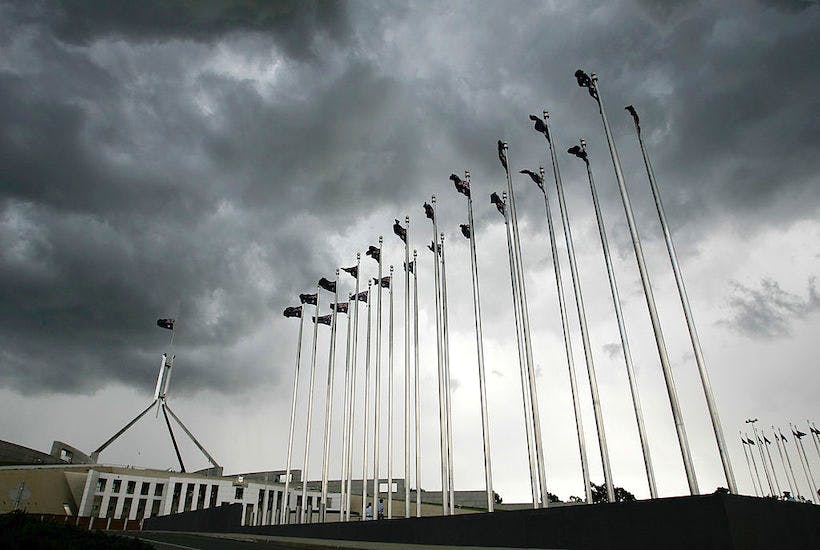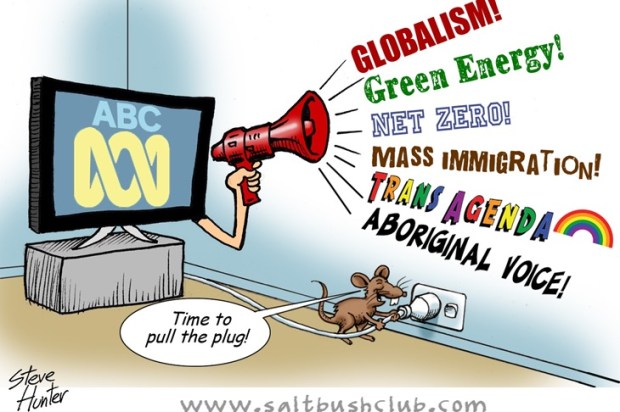There’s no such thing as an unbiased journalist. It’s long believed that the role of the news media is to report on events through a lens that doesn’t distort truth and fact. This is a testament to the fight for reason and truth, as would be the case for other fields informed by the results of empirically obtained conclusions through observation. However, it’s all a grand charade. Or, in other words, the so-called societal mandate for an “unbiased” journalist is a result of nostalgic assumptions about society moulded into the minds of people surrounded by their immediate echo chambers of similarity and willful contempt.
This remark isn’t to demean consumers of news, including older individuals who use more “traditional” mediums like print and broadcast news. I, more or less, attribute this mindset to how and what news is in modern society, divided into this perception among the younger and older generations. By no means should we dismiss the search for truth in reporting and we should continue the work to counter divisive, hyperpartisan fake news? It’s just crucial for a wider audience to understand the fallacy that is objectivity and why bias is unavoidable.
Journalistic objectivity has been debated for generations. Even among colleagues and myself, we’ve discussed that the question of objectivity is only partially answered by the need for balance and the citation of reputable sources and subjects, regardless of the world view presented in the article, by the author, or by the news outlet. The immediate history of journalistic reportage demonstrates these standards across several topics and issues. From world-renowned war correspondents to prize-winning editorialists, the media has never seen an “unbiased” person wielding the pen and paper. Allow me to elaborate.
Edmund Burke, the philosophical father of modern conservatism, termed “the Fourth Estate” in his descriptions of how newspapers covered the parliament at the time of his life. Burke used the term in a speech on the floor of the House of Commons of Great Britain in 1787 to describe how the country’s press interacts with the so-called “three estates” of parliament. English essayist and philosopher Thomas Carlyle attributed Burke to the origin of the “fourth estate” as a predicament built on governments turning to the power of man. Carlyle, in his On Heroes, Hero-Worship, and The Heroic in History, argues that the parliament has become something disconnected from the world and the powers of democratic institutions that hold elected representatives to accountability owned by the constituents themselves.
“Burke said there were Three Estates in Parliament; but, in the Reporters’ Gallery yonder, there sat a Fourth Estate more important far than they all,” Carlyle argued. “It is not a figure of speech or a witty saying; it is a literal fact,—very momentous to us in these times.” The reporting on the affairs of parliament are of the same body, considering the evolution of writing and how it spurs democratic belief. He said if you “invent Writing, Democracy is inevitable. Writing brings Printing; brings universal everyday extempore Printing, as we see at present. Whoever can speak, speaking now to the whole nation, becomes a power, a branch of government, with inalienable weight in law-making, in all acts of authority.”
When we consider modern debates on the role of the journalist, the competing sides try to present the so-called “Fourth Estate” in absolutions that promote or detract from the status of an independent press. An independent press, no less, guarantees the rise of “bias” and other rhetorical strategies used by journalists and editorialists. With the fact of existing bias, the press in whichever form and attribution you call it is unavoidable regardless of the factuality of a report and it’s structure.
Michael Dean McGrady Jr., a journalist who specializes in public health policy, has been published in publications across the world.
Got something to add? Join the discussion and comment below.
Get 10 issues for just $10
Subscribe to The Spectator Australia today for the next 10 magazine issues, plus full online access, for just $10.


























Comments
Don't miss out
Join the conversation with other Spectator Australia readers. Subscribe to leave a comment.
SUBSCRIBEAlready a subscriber? Log in